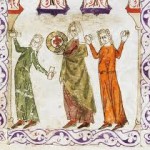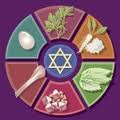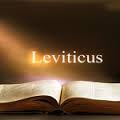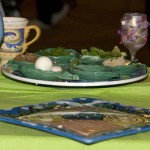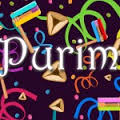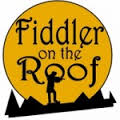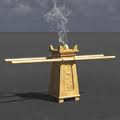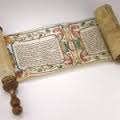The song of the future shall be like this night of Pesach. Why? Because on Pesach we talk of the mighty deeds of God and speak in praise of the Holy One for all that God did. The very walls of the houses and all that they contain, the vault of the heavens and the depths of the earth, the sea and all its waves, all combine in song and praise on this night of the holy festival. Alas, this song in which all creation joins is not always heard by the human ear. But in the days to come when all creation knows God then the song humanity will sing will be not more glorious than the song sung on this holy festival, but the heart of humankind will be open to receive it and the ears of humankind will be alert to accept it.
Eliyahui Kitov, The Book of Our Heritage
It is the first night, a night in which we celebrate the very birth of our people. Now, we are a nation, not an extended family. Now, as Israelites, we walk towards Sinai and revelation; we have committed to becoming a people.
What are the songs of our future? Songs of peace, not war. Songs of hope, not violence. Songs of collaboration, not conflict.
Our Jewish Renewal community relies on covenants, rather than contracts to define who we are. A covenant is a commitment of the heart and soul, an expression of hopes and dreams.
May we renew all our covenants — among our families and communities, with the Holy One and with all humanity. May we so be free to do, and thus, to understand.
Hag Pesakh Sameakh!
Rabbi Barbara

